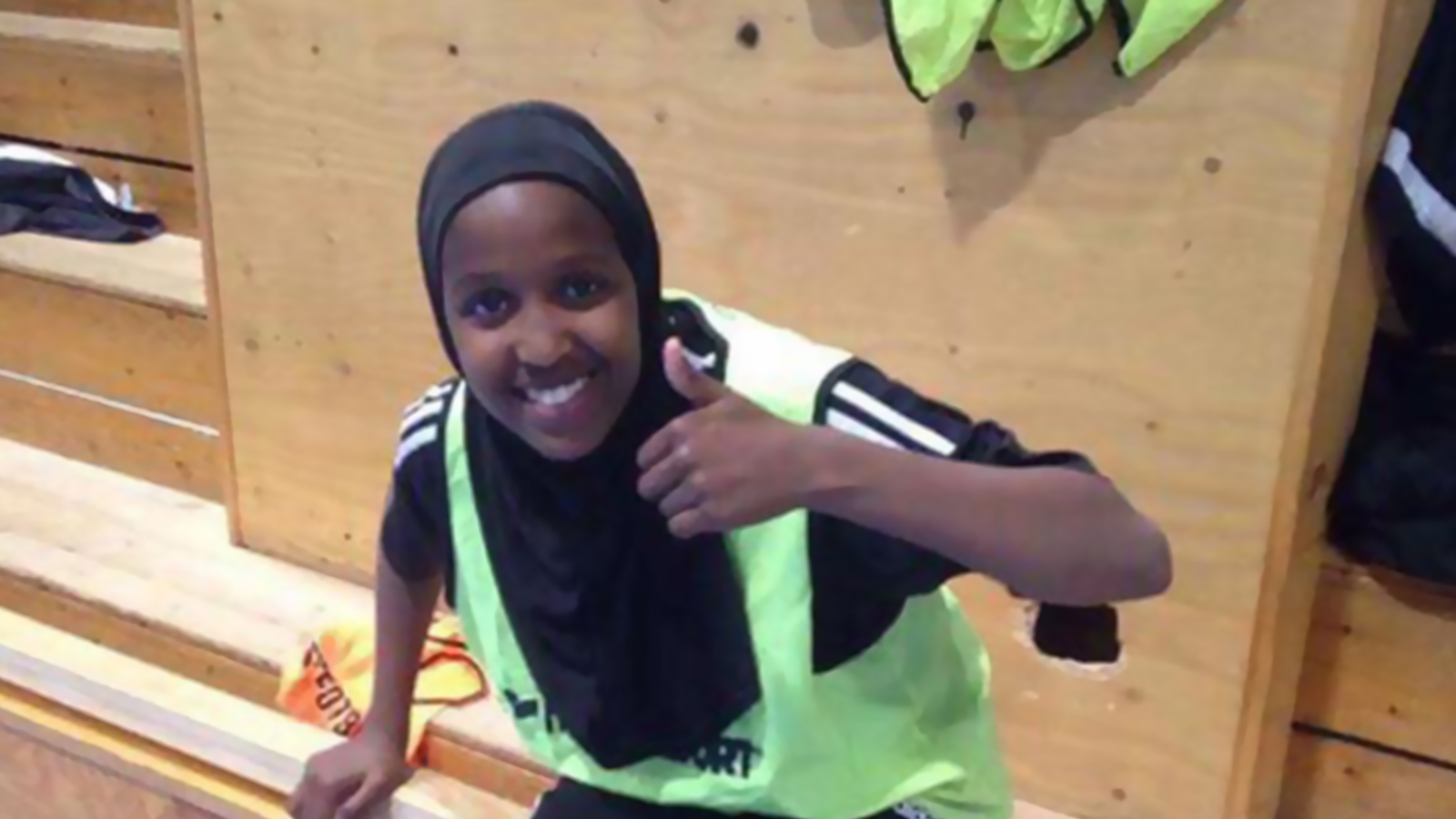Helping refugees thrive in a more inclusive Sandviken, Sweden

Coming to a new country can be exceedingly difficult for refugees, many of whom lack a support system. Framsteget, an initiative created by Sandvikens IF, works to create a sense of community belonging through sport.
Sandviken, a municipality in east-central Sweden, is home to many refugees, primarily from Syria, Eritrea, Somalia, and Afghanistan. Coming to a new country can be exceedingly difficult without a support system, for children and adults alike. Making positive connections and ensuring community support allows people to survive and thrive.
Creating social support networks
Framsteget , an initiative created by Sandvikens IF, aligns its activities with three main pillars. First, the group works to create a sense of belonging, regardless of gender, ethnicity, or religion. Second, it engages in physical activity as a way to drive overall wellbeing. And third, it works to create opportunities for members to participate in the local labor market. Microsoft, which operates a datacenter nearby, gave a donation to support Framsteget’s mission to provide opportunities and build networks.
Framsteget’s work supplements existing resources already available in the community. Chia Abdolah, operations manager with Framsteget, says, “Of course there are schools and other authorities working with this target group, but we are working in a different kind of way. We complement their work. We open our services to newcomers and having activity leaders that speak the same languages as them makes our relationship with them much easier.” On a weekly basis, the reach of Framsteget is broad—it reaches out to about 1,000 people each week, including program participants and their parents. The program benefits the activity leaders as well, who are receiving education around communication, conflict resolution, and other soft skills.
Creating open lines of communication and having frank discussions about difficult topics allow Framsteget to connect with young members of the community, while also keeping parents in the loop. Framsteget tries to meet its participants on their own turf to build trust, going out into the community in the evenings and on weekends. The group can also act as a conduit for parents who are new to Sweden and still adjusting to their new home. “The parents may not have the social connections or language skills, but we work to try to bridge that gap by giving information to those parents,” says Abdolah.
“We really work to provide continuity, so that after school, kids have the opportunity to participate in our activities.”
—Chia Abdolah, Operations Manager, Framsteget
Using sport to bring the community together
Framsteget recognizes the impact physical activity can have on overall wellbeing. In keeping with one of its key pillars, the group hosts evening football matches to keep people of all ages engaged. However, these matches are only one activity that underscores what Framsteget is trying to accomplish. “We talk about what it is to be a good friend and teach respect,” explains Abdolah. “But we don’t just go into a school and talk about something, then leave. We really work to provide continuity, so that after school, kids have the opportunity to participate in our activities. They see the same leaders both in school and after school. This helps with the long-term relationships we’re trying to build.” This continuity and the stability of the relationships being cultivated have been transformative. “Some of these people came to Sweden with no guidance, no references. They didn’t even speak Swedish. Now several of them are currently studying at esteemed universities in Sweden.”
Much of Framsteget’s benefits are immeasurable for participants, but going forward, the group hopes to better quantify their results. “It’s easy for me to sit here and say that we’re doing great. Now Region Gävleborg is working to follow us for a year or two and scientifically measure the impacts we have on our participants,” says Abdolah.

